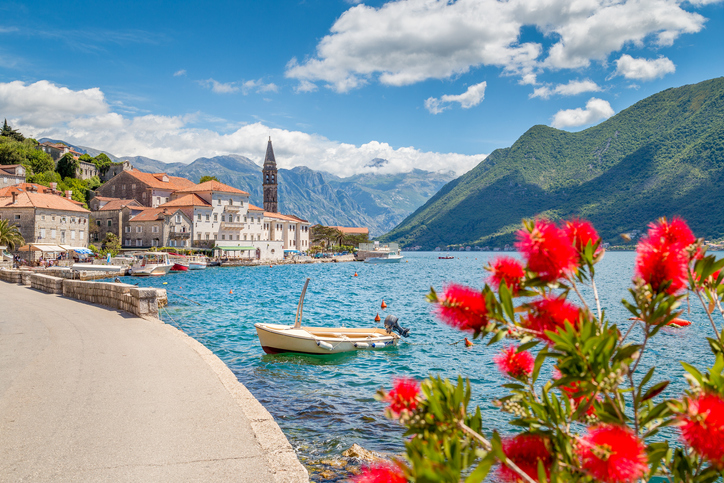An Azeri company opening a 1 billion euro superyacht marina in Montenegro this month expects the project to pave the way for at least two more luxury resorts as it vies with Dubai and China for a slice of the tiny Balkan country’s growing economy.
Azmont Investments and its former parent, Azerbaijan’s state oil firm SOCAR, started developing the former Yugoslav Kumbor navy base in 2014 just as a Canadian mogul was opening the swish Porto Montenegro, now owned by Dubai’s investment arm.
SOCAR has since split away but Azmont, which is now controlled by one of Azerbaijan’s biggest firms Pascha Holding, will cut the ribbon on its top-end Portonovi marina this month.
That will be followed by a wider resort opening in July and August and the region’s first One&Only hotel next year when it will also start a two-year expansion phase.
The project has already cost over 700 million euros ($785 million), well over the original estimate of 500 million euros, and the expansion should take it past the 1 billion mark.
“At that point (after the expansion) I think we will be the biggest investor in Montenegro,” Azmont’s chairman Ahmet Erentok told Reuters during trip to London, adding it wanted to build at least two more small resorts and possibly a ski lodge too.
Tourism already brings in more than 20% of Montenegro’s near $5 billion annual GDP and is expected to keep growing even though the International Monetary Fund expects the Balkan country’s overall growth to slow to 2.8% from 4.5% this year.
Azerbaijan and Montenegro have their loose former Communist ties, but Azmont and Pascha have competition to be Montenegro’s top investor.
A state-owned Chinese company is helping build a new 100-mile highway through the Balkan state, while Dubai is expanding Porto Montenegro which is just across the same scenic Adriatic bay from Portonovi.
Petar Ivanovic, an adviser for Montenegro’s President Milo Djukanovic who was also on the London trip, said tourism would remain the economy’s driving force for the next few years at least.
He added the country still planned to be ready to join European Union in 2025, which should bring in more investment, though he acknowledged that also depended on the EU’s appetite for expansion.
Out of six Western Balkans’ EU aspirants, Montenegro and neighbouring Serbia are next in line to join, though neither is likely to become an EU state in the foreseeable future.
They have been told they must root out organised crime, corruption and nepotism and reduce red tape first, and the political elite in both countries is deeply divided between pro-EU and pro-Russia camps.
“We are still sending the signal that we will be ready,” Ivanovic said.







